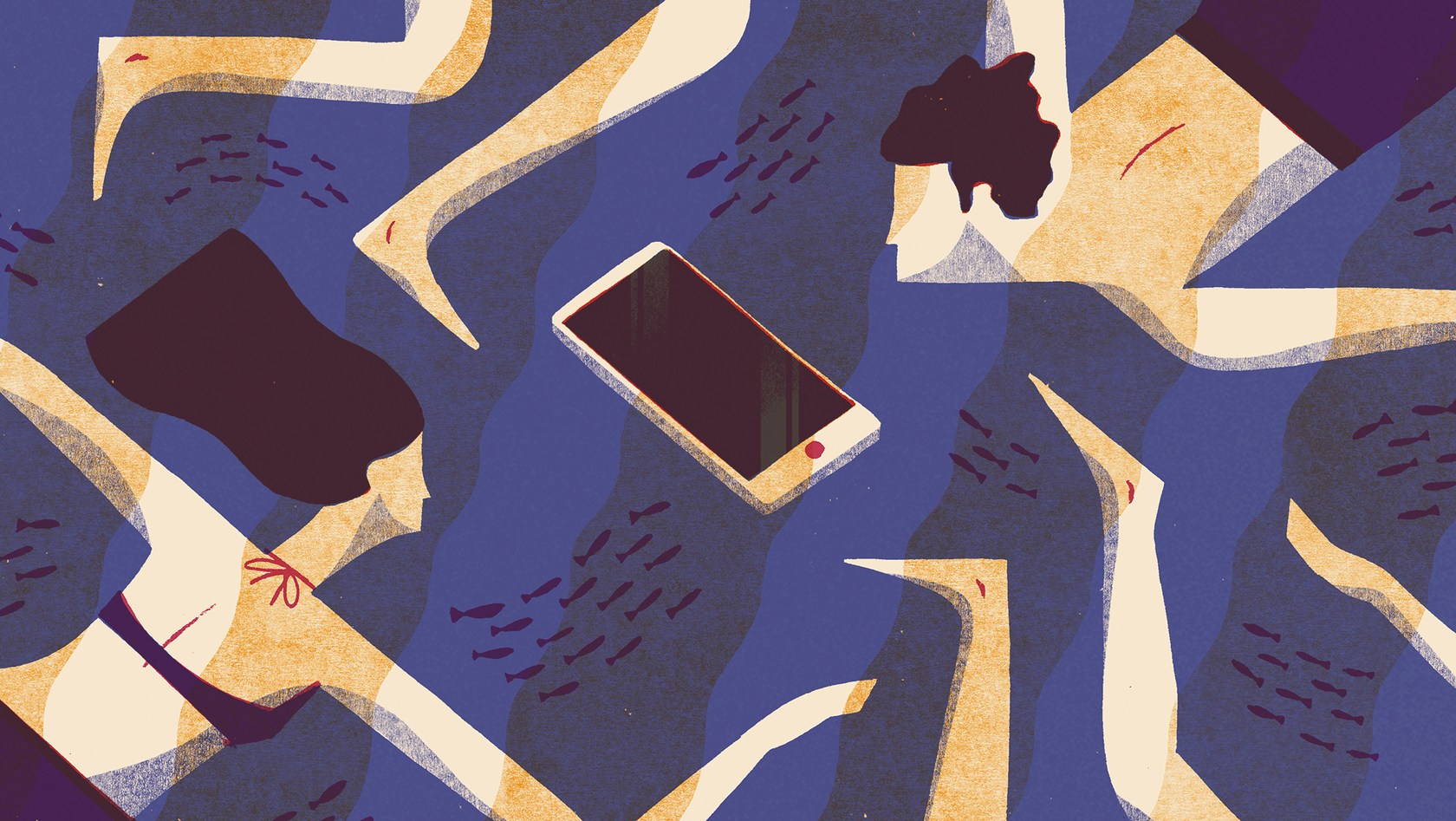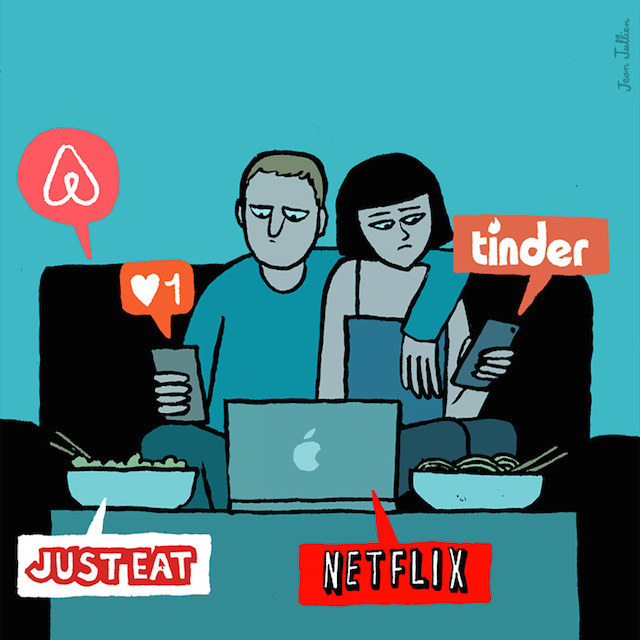 |
| Screen shot from kyletwebster.com |
Webster is primarily a digital artist, and is praised for his immense diversity of work. From looking at his website, it is clear that he does not have a "style" of working, and in turn just creates work that answers briefs appropriately. He has said that he draws using his own voice and opinions, however not maintaining visual consistency . Roland Barthes says "The voice loses it's origin, the author enters his own death", referring to how any kind of author or artist can be contradicted for using their own style/voice, as it cannot be completely original. As Webster makes artwork mainly for briefs and commissions, it can be said that although his work does not maintain any sort of style, his work is not completely original because of a number of factors; colours, visual semantics, text, fonts, words etc. Which then leads to an even broader question, can any form of illustration be completely original?
As illustration as a practice relies initially on communication, visual semantics play a huge role. The transaction of an audience interpreting illustrative works, relies hugely on an inate database of reoccurring colours, icons, shapes, etc, each with their own connotations, which ofcourse, have been used to shape the world we live in today. So once again, drawing back to the idea of "the voice losing it's origin", it is impossible to be a successful illustrator, without "dying".








